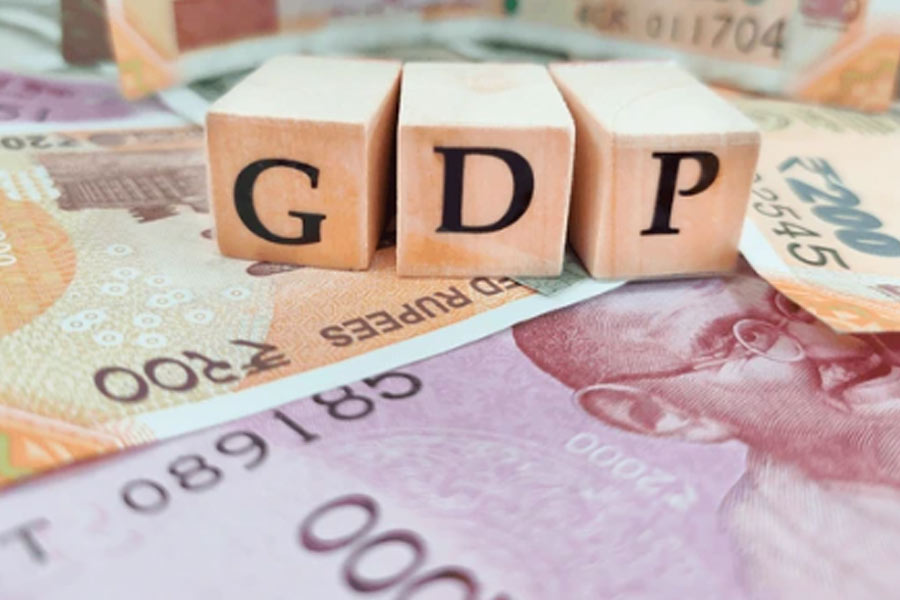The decline in India’s gross domestic product is deepening the frowns in Indian households. The growth rate had slowed down to 5.4% in the July-September quarter in 2024: the corresponding figure in the previous quarter was 6.7%. In fact, according to Nomura, the deceleration is going to gather pace in fiscal 2026. Economists are pointing to structural impediments such as weak urban demand and sluggish private investment to explain the dip in growth. However, the aam aadmi is likely to be more concerned with a more immediate — existential — challenge: the footing of the monthly bill. The challenge has been compounded by declining wages. The average monthly earnings in rural India fell to Rs 8,842 in 2023-24 from Rs 9,107 in 2017-18. Urban wages have risen — but only marginally. Worse, inflation, now at 6.21%, the highest in 14 months, has begun to bite, one again. The cost of a home-cooked vegetarian meal comprising staples such as rice, lentils, vegetables and roti had risen by 7% on a year-on-year basis in November. The rise for a non-vegetarian thali rose by 2%. Little wonder then that households have had to fall back on their savings. Unsurprisingly, saving rates, the Reserve Bank of India says, have fallen as well, touching a five-year low of 5.2% of the GDP in 2024. There is also the crippling impact of debt, which had surged to 40% of the GDP in December 2023, further limiting consumption of households.
Economic hardship of the masses usually brings in its wake political repercussions. Strangely, in spite of its poor performance on a number of economic indices — employment generation and inequality would certainly be among these — the Narendra Modi government has been spared an electoral backlash. This perverse success speaks well of Mr Modi’s pursuit of diversionary, fractious politics. The Opposition, too, is complicit in the failure to make economics count in politics. For all its talk, the Opposition has not been able to turn a succession of economic crises into a viable electoral weapon. The other question pertains to India’s fabled growth story. India is one of the fastest growing economies in the world and is expected to become the third-largest economy in the near future. The ruling regime seldom tires of reminding the nation of these accomplishments. But in a deeply iniquitous country where the top 1% owns 53% of the national wealth and where households, as indicated by recent data, are struggling to make ends meet, questions are bound to arise about the lopsided nature of this growth model.











